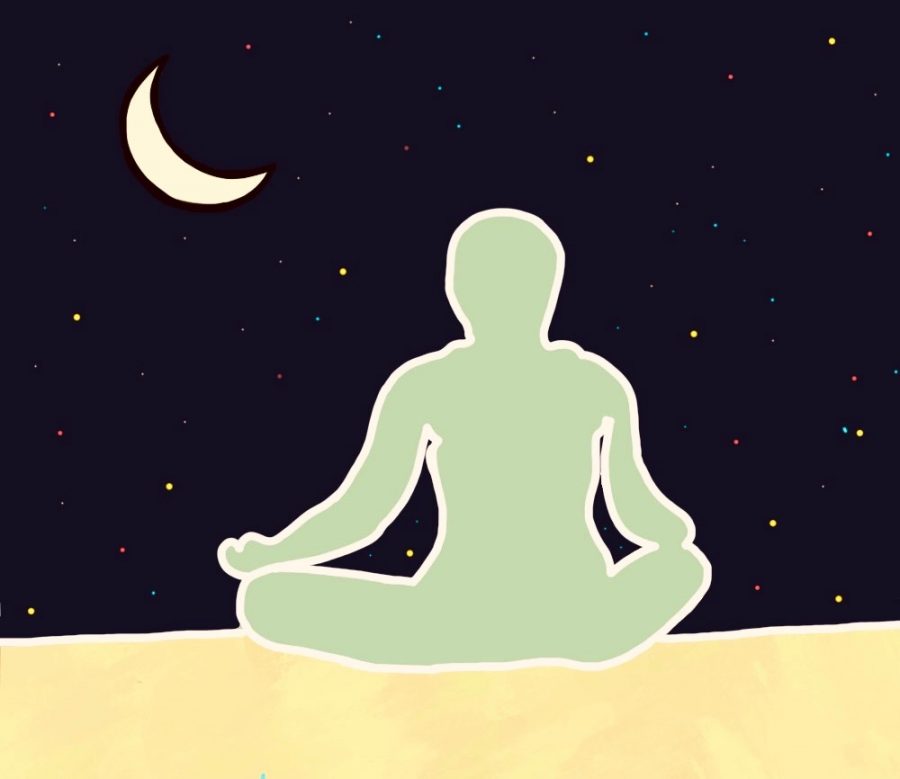P.S I love therapy
Illustration by Alex Hanks
April 28, 2021
Since the emergence of the well-being movement on social media, going to therapy has become more common; however, I can’t help but feel like there is still a strange stigma surrounding going to therapy. Personally, I feel like everyone should go to therapy, even if you aren’t diagnosed with a mental illness because having that time to unwind, unpack past trauma or even debrief on movements in your life is crucial to your mental health. All of this to say, I think there are a lot of misconceptions about going to therapy that stop individuals from seeking help or from opening up a dialogue. Perhaps the biggest misunderstanding is therapists don’t always ask, ‘how does that make you feel?’ Let’s talk about more of them, shall we?
First, therapists do more than just listen. It really is an interactive process because over time, you really do build a relationship with your therapist; you begin to trust them with information and eventually feel comfortable sharing more with them. When a dialogue opens, then discourse and discussion can begin.
A second area of confusion is what actually happens in a therapy session. Of course, every therapist differs based on need and treatment, but there are general goals that therapy sessions aim to achieve. It can almost be viewed as a problem-solving workshop. You and your counselor work as a team to evaluate the status of where you are mentally, emotionally, physically, etc. and each session is a step in your progress. The appointment is an open floor in which your therapist should listen as you speak openly and vulnerably about yourself. Following your description, your therapist might provide you with insight and give an action item to think about the next step in your healing process.
Another really cool thing about therapy is the different techniques to either help you process your emotions or truths that help you reckon with your trauma. Psychology, in general, is really fascinating, and it’s even better when you are learning from someone who has field experience.
To be honest, I used to hate going to therapy. I have been in recovery from anorexia for three years now, and when I say I was resentful towards my therapist, I was resentful, but when I began to open up and seek counseling, it got so much better. It changed my life. I think I have been going to therapy for so long that I don’t really feel animosity towards it, but I truly understand those who are embarrassed or feel shame for attending therapy. It is hard, but it is also a brave step towards reconciliation with yourself and others. I think it’s worth giving it a chance at least a few times. In conclusion, therapy is cool, and I, ten out of ten, would recommend it.











